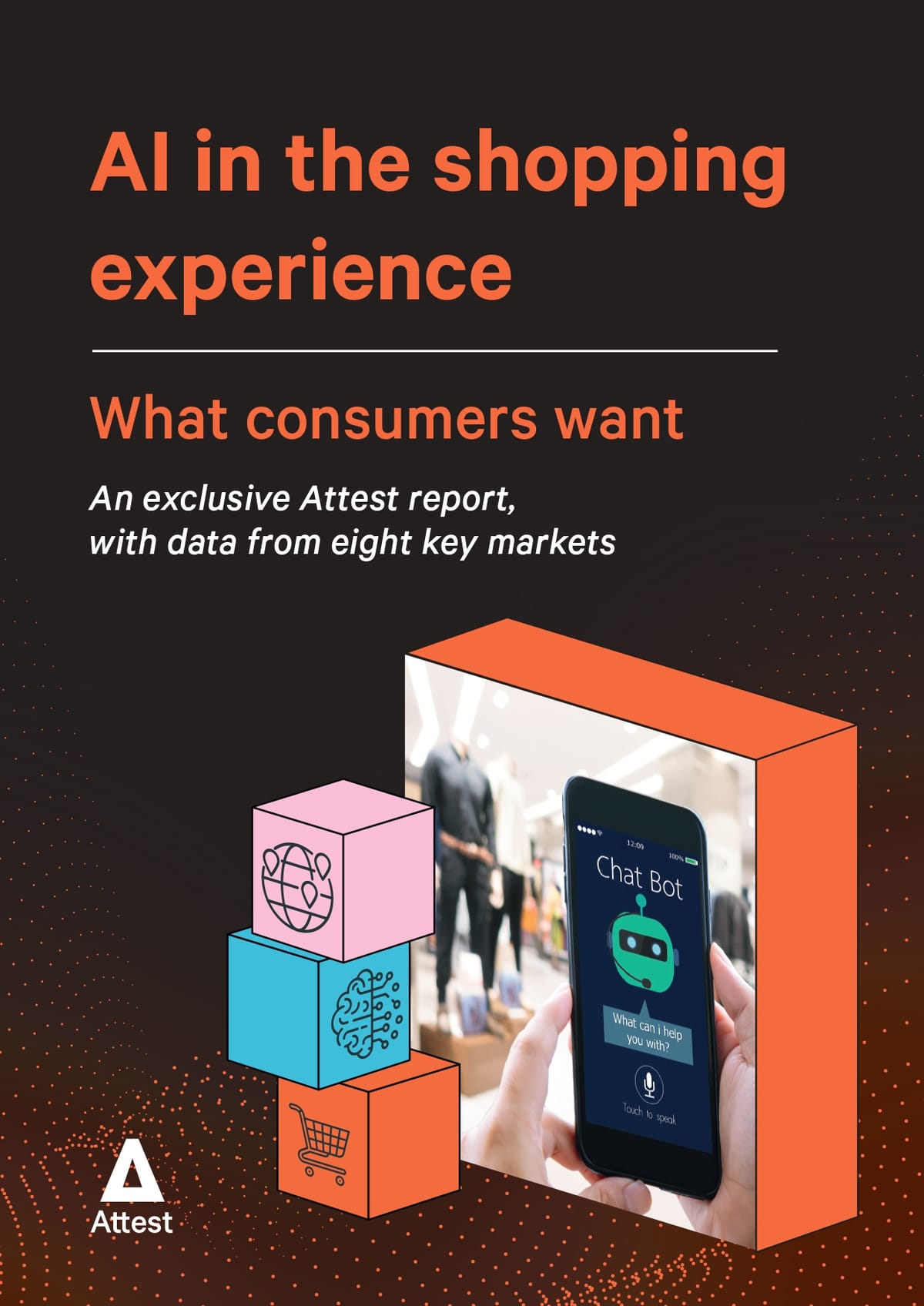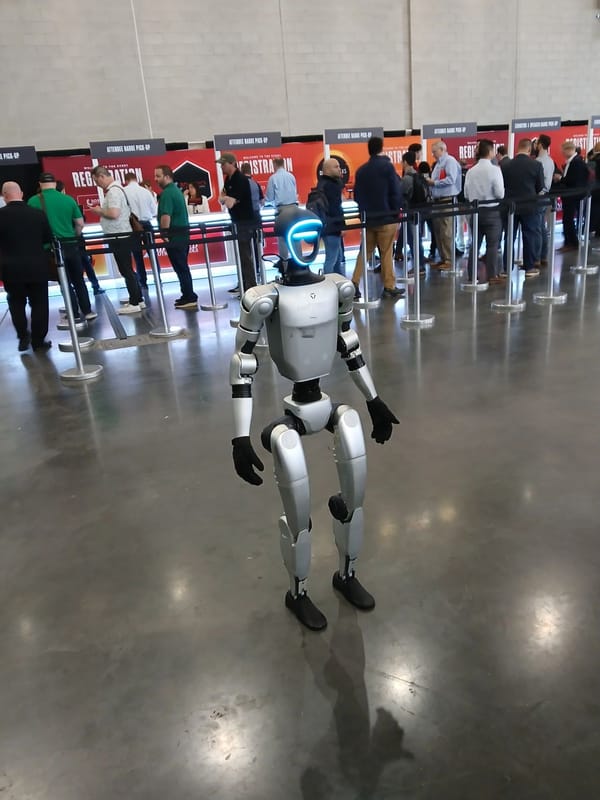76% of US consumers unable to spot AI-generated images in new test

- Eight in 10 want laws to ensure AI-generated content is labeled clearly, while 72% think ‘deepfake’ images should be illegal
- Yet a majority say they are ‘ok’ with AI-generated models (instead of real people) being used in advertisements
With artificial intelligence (AI) seemingly reaching a tipping point of mass adoption, a new research report released today delves into US consumers’ attitudes toward how it will impact their shopping experience. Attest’s AI in the shopping experience report reveals how receptive consumers are to AI, what excites them about it, and what concerns them most.
Attest, which is a leading consumer research platform, wanted to understand if consumers could distinguish between fact and fakery when it came to adverts when shopping. It centered its report around a test using an AI image generator to create the type of image you would see in a marketing campaign for one of the world's best-known sports footwear and apparel brands.
- 2,000 US consumers were shown four images in total - three genuine advertisements, and one fake image.
- When asked to identify which image was not real, 76% of US consumers were unable to select the AI-generated, fake image (versus 24% who correctly identified it).
- Attest also ran the same test across seven other countries and found that French and British consumers were more likely to recognize an AI-generated image than Americans.
- It also saw that younger US consumers are more savvy when it comes to spotting AI imagery and that the ability to tell the difference diminishes considerably among people aged 40+.
- Age breakdown of those who correctly selected the AI-generated image:
- 18-24: 39%
- 25-34: 31%
- 35-44: 23%
- 45-54: 17%
- 55-64: 15%
- Age breakdown of those who correctly selected the AI-generated image:
The report finds that this inability to discern what’s real and what’s not is such an issue that consumers want policymakers to take action. Eight in 10 (80%) of US consumers say it should be required by law to label AI-generated content, while 72% believe it should be illegal to create ‘deepfake’ images, videos or audio of real people.
Consumers worry about AI replacing humans & if it will improve the retail experience
Yet, as highlighted in Attest’s report, the biggest fear among US consumers about the rise in the use of AI in retail is the replacement of employees with machines. In fact, 58% of respondents worry that AI will take jobs away.
- Meanwhile, 54% believe brands introducing AI technology could lead to the loss of the human touch in retail, while 53% can foresee a future where they can’t speak to a real person when interacting with businesses.
- Only 28% think it has the potential to improve the customer experience, while just 27% believe it will lead to a more personalized experience.
Yet it is not all bad news for brands. Those surveyed do recognize the potential benefits of using AI as a shopper and also to complement the retail experience:
- ‘Faster customer support’: Quicker support was cited as the biggest add-on (at 43%) from AI’s use in retail for consumers.
- Consumers open to using AI chatbots: When shopping online, 49% of US survey respondents say they’d be likely to use one to get product information.
- Growing trust and adoption of AI-powered search: 42% of consumers are likely to use an AI tool like ChatGPT to research potential purchases and also a majority, at 40%, would trust information given to them by an AI tool, (versus 31%).
However, even with consumers admitting to increasingly using AI-powered search, Americans have the second highest level of distrust in companies collecting data via AI (37% actively distrust such collection), with only France’s shoppers showing a higher level of suspicion.
Despite worries, consumers up to a point will accept AI in marketing
The data also finds that consumers feel that AI has the potential to mislead when used in marketing. Although a third of survey respondents (33%) think brands will be able to produce more creative advertising using AI, 39% are worried about the possibility of being misled or misinformed by brands using AI.
- A majority are ‘ok’ with AI models, instead of the real thing: Despite such fears, a majority, 53%, are accepting of brands using AI-generated models, instead of real people, for their photoshoots for advertising purposes.
- Yet Americans don't like airbrushed perfection in marketing: Consumers feel strongly about keeping it real; nearly two-thirds (66%) say it’s important to them to see models that haven’t been digitally altered in advertising photography.
- And also much likelier to follow real people on social media: This need for authenticity also extends to influencers. Just a fifth (22%) of Americans are willing to follow a computer-generated influencer online (versus 58%).




